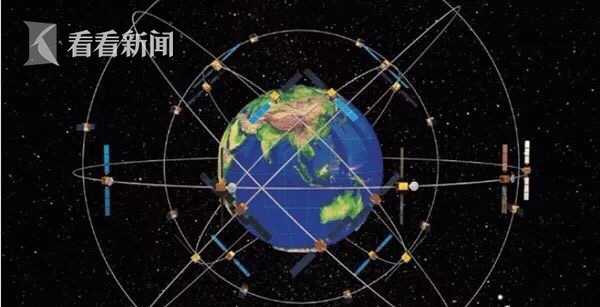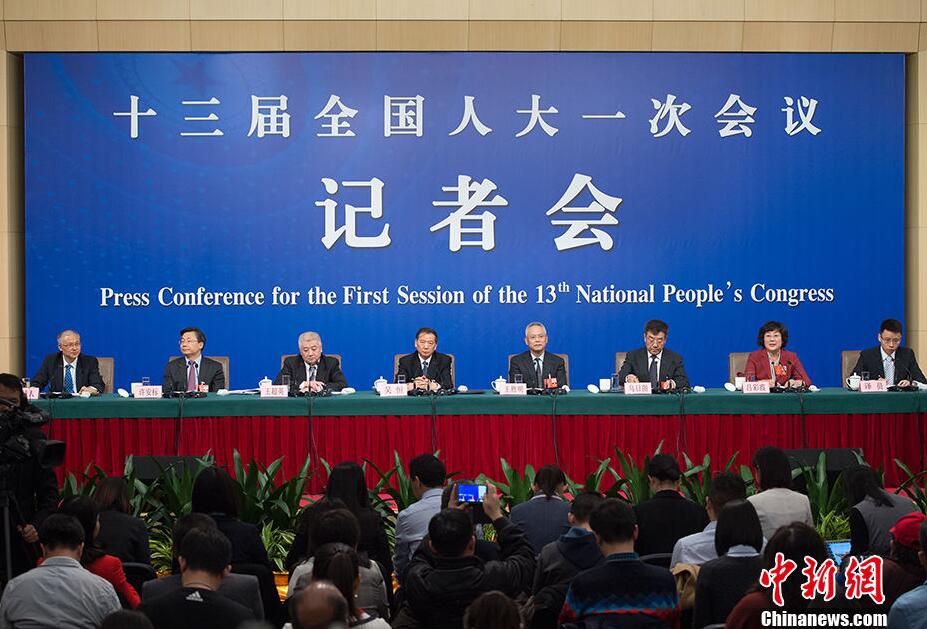
The five functional modules of the operating system are processor management, memory management, device management, file management and operation management. Processor management The most basic function of processor management is to process interrupt events. After configuring the operating system, various events can be processed.
The functions of the computer operating system include: processor management, memory management, device management, file management, job management and other functional modules. Processor management. The most basic function of processor management is to handle interrupt events. The processor can only detect interrupt events and generate interrupts and cannot process them.
Storage management is divided into several functions: storage allocation, storage sharing, storage protection, and storage expansion.Equipment management has the following functions: equipment allocation, equipment transmission control, and equipment independence. File management: file storage space management, directory management, file operation management, file protection.
The operating system should usually include the following five functional modules: (1) Processor management. When multiple programs are running at the same time, solve the problem of processor (cpu) time allocation. ( 2) Operation management. The program to complete an independent task and its required data constitute a task.
The function of the operating system is mainly reflected in the management of computer resources - microprocessors, memory, external devices, files and tasks. The operating system sets this management function into the corresponding program management module, and each management module is responsible for a certain function.That is, the five functions of the operating system.
The operating system has five functions: processor management: mainly controls and manages the work of the CPU. Storage management: mainly carry out memory allocation and management device management: mainly manage basic input and output device file management: responsible for the organization, storage, operation and protection of computer files, etc.

There are the following types of management systems: the management system of the finished product set. This kind of system is a stereotyped management system, which makes a small number of functional adjustments to the software through the parameter settings of the software.
Transaction Processing System (TPS): Operators and supervisors are used to input transactions, events, sort, list, merge updates, output detailed reports, lists and summaries, etc. Management Information System (MIS): Middle managers are used to input general transaction data and simple models to process routine reports.
Adgecal management system Academic management system is one of the most core management systems of the school, which is responsible for arranging and managing the school's teaching activities. It includes curriculum setting, teaching plan, teacher arrangement, examination management and other contents.
VMware vSphere: It is a virtualization management platform that can be used to manage virtual machines, storage and networks, etc. Nagios: It is an open source network monitoring system that can be used to monitor network devices, servers and applications, etc.
Financial subsystem: providing the function of financial management information; Decision support subsystem: make the logistics information system reach a higher level.
ERP management system brand Youyou, Jindie International Software, Wave Software, Dingjie Software, Zhenghang Software. Use friends.
1. System management refers to the information technology system that manages enterprises, and file management is one of the five major functions of the operating system.First, network management refers to the centralized management of resources on the network by network administrators through network management programs.
2. System Management regards organizational components as interrelated and interdependent systems, so it advocates applying the system concept to the management concept.
3. System management refers to the process of maintaining, managing and monitoring computer systems. As an important part of enterprise informatization construction, the importance of computer system management cannot be ignored.
TNT Sports-APP, download it now, new users will receive a novice gift pack.
The five functional modules of the operating system are processor management, memory management, device management, file management and operation management. Processor management The most basic function of processor management is to process interrupt events. After configuring the operating system, various events can be processed.
The functions of the computer operating system include: processor management, memory management, device management, file management, job management and other functional modules. Processor management. The most basic function of processor management is to handle interrupt events. The processor can only detect interrupt events and generate interrupts and cannot process them.
Storage management is divided into several functions: storage allocation, storage sharing, storage protection, and storage expansion.Equipment management has the following functions: equipment allocation, equipment transmission control, and equipment independence. File management: file storage space management, directory management, file operation management, file protection.
The operating system should usually include the following five functional modules: (1) Processor management. When multiple programs are running at the same time, solve the problem of processor (cpu) time allocation. ( 2) Operation management. The program to complete an independent task and its required data constitute a task.
The function of the operating system is mainly reflected in the management of computer resources - microprocessors, memory, external devices, files and tasks. The operating system sets this management function into the corresponding program management module, and each management module is responsible for a certain function.That is, the five functions of the operating system.
The operating system has five functions: processor management: mainly controls and manages the work of the CPU. Storage management: mainly carry out memory allocation and management device management: mainly manage basic input and output device file management: responsible for the organization, storage, operation and protection of computer files, etc.

There are the following types of management systems: the management system of the finished product set. This kind of system is a stereotyped management system, which makes a small number of functional adjustments to the software through the parameter settings of the software.
Transaction Processing System (TPS): Operators and supervisors are used to input transactions, events, sort, list, merge updates, output detailed reports, lists and summaries, etc. Management Information System (MIS): Middle managers are used to input general transaction data and simple models to process routine reports.
Adgecal management system Academic management system is one of the most core management systems of the school, which is responsible for arranging and managing the school's teaching activities. It includes curriculum setting, teaching plan, teacher arrangement, examination management and other contents.
VMware vSphere: It is a virtualization management platform that can be used to manage virtual machines, storage and networks, etc. Nagios: It is an open source network monitoring system that can be used to monitor network devices, servers and applications, etc.
Financial subsystem: providing the function of financial management information; Decision support subsystem: make the logistics information system reach a higher level.
ERP management system brand Youyou, Jindie International Software, Wave Software, Dingjie Software, Zhenghang Software. Use friends.
1. System management refers to the information technology system that manages enterprises, and file management is one of the five major functions of the operating system.First, network management refers to the centralized management of resources on the network by network administrators through network management programs.
2. System Management regards organizational components as interrelated and interdependent systems, so it advocates applying the system concept to the management concept.
3. System management refers to the process of maintaining, managing and monitoring computer systems. As an important part of enterprise informatization construction, the importance of computer system management cannot be ignored.
UEFA Champions League live streaming free
author: 2025-02-11 18:41UEFA Champions League standings
author: 2025-02-11 18:30Hearthstone Arena class tier list 2024
author: 2025-02-11 17:06UEFA Champions League live streaming free
author: 2025-02-11 18:48 Champions League
Champions League
532.52MB
Check Arena Plus login
Arena Plus login
787.91MB
Check European Cup live
European Cup live
285.73MB
Check Hearthstone deck
Hearthstone deck
436.47MB
Check Bingo Plus
Bingo Plus
731.16MB
Check Casino Plus GCash login
Casino Plus GCash login
725.23MB
Check Hearthstone Arena Tier List
Hearthstone Arena Tier List
811.34MB
Check PAGCOR online casino free 100
PAGCOR online casino free 100
689.78MB
Check DigiPlus fair value
DigiPlus fair value
991.92MB
Check UEFA Champions League live streaming free
UEFA Champions League live streaming free
761.57MB
Check LR stock price Philippines
LR stock price Philippines
579.42MB
Check Casino redeem
Casino redeem
475.83MB
Check Hearthstone Arena class tier list 2024
Hearthstone Arena class tier list 2024
976.93MB
Check Hearthstone arena class win rates reddit
Hearthstone arena class win rates reddit
125.92MB
Check UEFA Champions League standings
UEFA Champions League standings
692.72MB
Check European Cup live
European Cup live
225.47MB
Check UEFA Champions League live
UEFA Champions League live
319.53MB
Check Casino free 100 no deposit
Casino free 100 no deposit
223.71MB
Check UEFA Europa League
UEFA Europa League
652.33MB
Check Hearthstone Wild Decks
Hearthstone Wild Decks
239.66MB
Check DigiPlus fair value
DigiPlus fair value
584.54MB
Check Walletinvestor digi plus
Walletinvestor digi plus
362.15MB
Check Hearthstone arena class win rates reddit
Hearthstone arena class win rates reddit
565.24MB
Check UEFA Champions League
UEFA Champions League
473.56MB
Check DigiPlus Philippine
DigiPlus Philippine
996.53MB
Check UEFA Champions League live
UEFA Champions League live
274.72MB
Check UEFA Europa League
UEFA Europa League
591.23MB
Check UEFA Champions League live streaming app
UEFA Champions League live streaming app
445.42MB
Check DigiPlus Philippine
DigiPlus Philippine
874.37MB
Check UEFA Champions League live streaming free
UEFA Champions League live streaming free
629.34MB
Check UEFA live free
UEFA live free
282.29MB
Check DigiPlus stock
DigiPlus stock
361.18MB
Check Europa League app
Europa League app
353.27MB
Check Casino Plus app
Casino Plus app
318.27MB
Check DigiPlus Philippine
DigiPlus Philippine
981.25MB
Check PAGCOR online casino free 100
PAGCOR online casino free 100
858.22MB
Check
Scan to install
TNT Sports to discover more
Netizen comments More
2529 TNT Sports
2025-02-11 18:44 recommend
2758 European Cup live
2025-02-11 18:28 recommend
2968 Casino free 100 no deposit
2025-02-11 18:07 recommend
335 Casino Plus free 100
2025-02-11 17:32 recommend
1931 DigiPlus fair value
2025-02-11 17:19 recommend